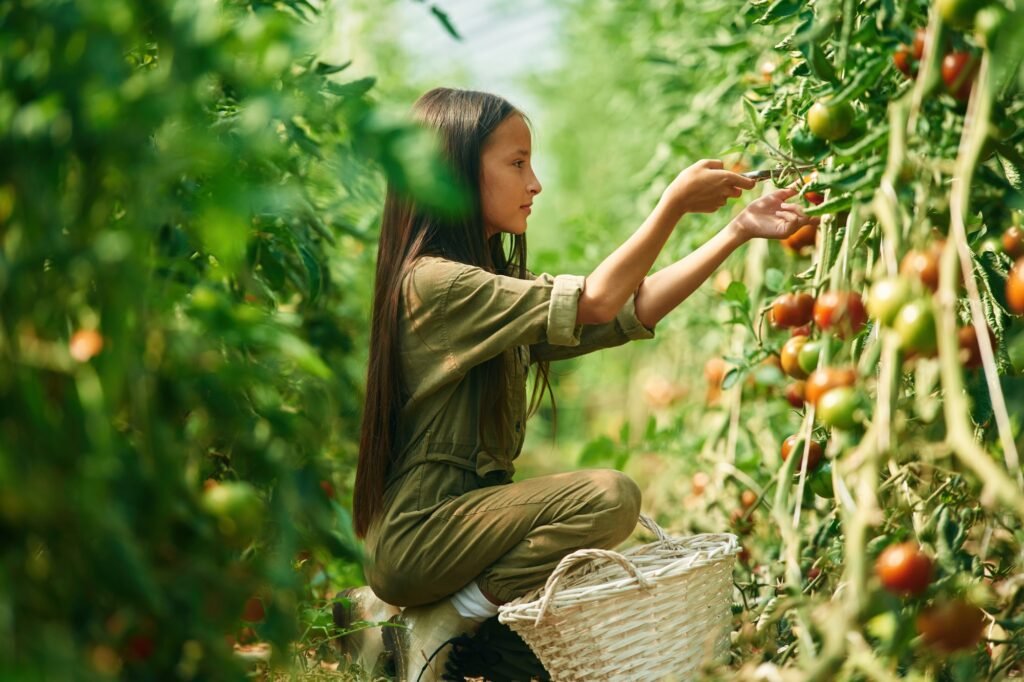From Field to Factory: Precision Agriculture Meets Food Science
The journey begins with tomatoes grown under exacting standards. Through strategic partnerships with local farms, Shandong Jiafeng has implemented:
- AI-assisted crop monitoring systems that optimize harvest timing
- Non-destructive quality assessment using spectral imaging
- Sustainable irrigation methods that reduce water usage by 35%
At processing facilities, the raw product undergoes a carefully calibrated transformation. Advanced evaporation systems concentrate flavor while preserving nutrients, with temperatures precisely controlled to maintain optimal viscosity and color. The result is a product that consistently outperforms home-prepared alternatives in both taste and nutritional value.
The Convenience Factor: Why Professionals Choose Processed
Professional chefs increasingly rely on processed tomato products for several compelling reasons:
- Year-Round Consistency – Unlike fresh tomatoes that vary by season, processed products deliver reliable flavor profiles
- Time Efficiency – Restaurant-grade bases eliminate hours of peeling, seeding and reducing
- Waste Reduction – Precise portioning minimizes kitchen loss
Food service industry reports indicate that 78% of commercial kitchens now use processed tomato products as their primary ingredient, up from 62% just five years ago.
Nutritional Advantages: Beyond Fresh
Contrary to popular belief, the canning process actually enhances certain nutritional benefits:
- Thermal processing increases lycopene bioavailability by 300-400%
- Vitamin C retention exceeds 90% through advanced flash heating techniques
- Mineral content remains stable throughout the product’s shelf life
Independent laboratory tests confirm that Shandong Jiafeng’s products maintain these nutritional advantages while meeting stringent food safety standards.
Sustainability at Scale
The company’s environmental initiatives include:
- A closed-loop water recycling system that processes 5 million liters daily
- Solar thermal arrays that provide 40% of processing heat requirements
- Byproduct conversion programs that transform seeds and skins into valuable commodities
These measures contribute to a carbon footprint 60% smaller than comparable fresh tomato distribution chains.
Looking Ahead: The Future of Tomato Products
Emerging technologies promise further advancements:
- Blockchain-enabled traceability from seed to shelf
- Nutrient-enhanced varieties developed through non-GMO breeding
- Smart packaging that monitors product freshness
As consumer expectations evolve, Shandong Jiafeng continues to invest in research and development, ensuring its products meet the needs of tomorrow’s kitchens while honoring the traditions of one of the world’s most beloved ingredients.
The modern tomato product has indeed come full circle – what began as a preservation necessity has become a culinary essential, combining the wisdom of tradition with the innovation of modern food science. In pantries and professional kitchens alike, these products are quietly redefining what convenience food can be.

_画板-1-scaled-1-e1753069611495-300x238.png)
_画板-1-scaled-1-e1753069611495-r92g6ranye9uox3dh6vr3oda8no8cia2ellx6xvoug.png)